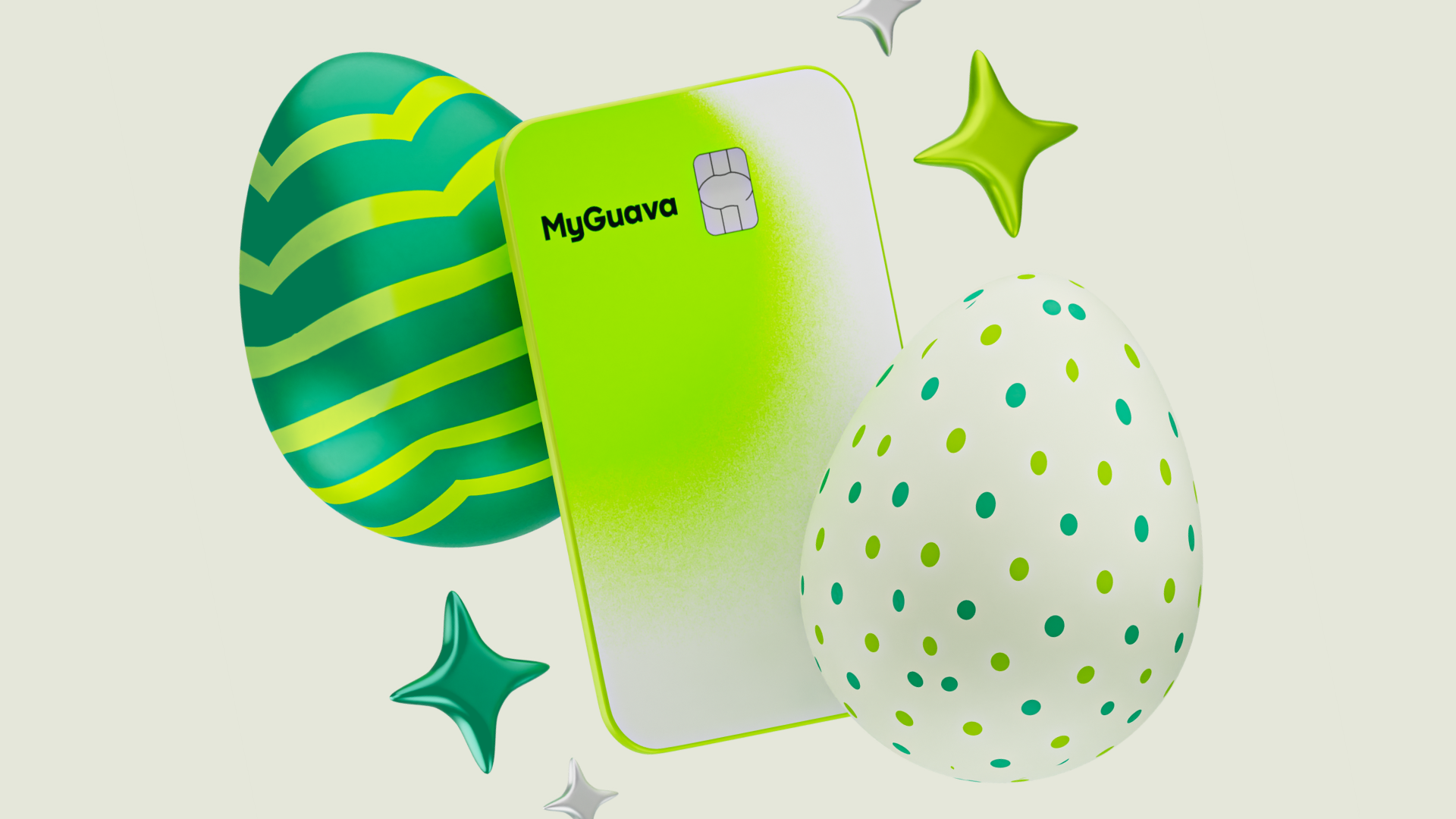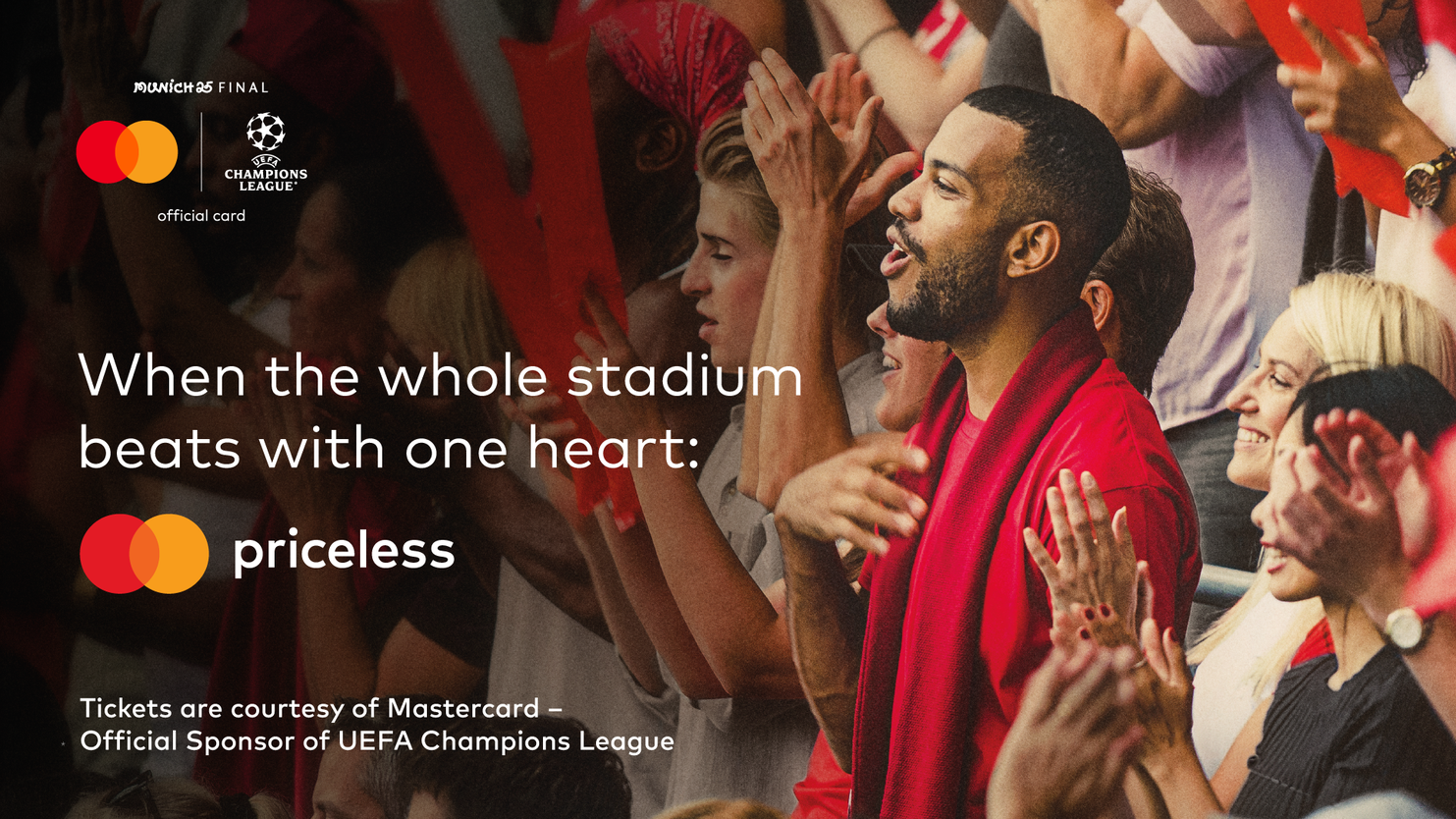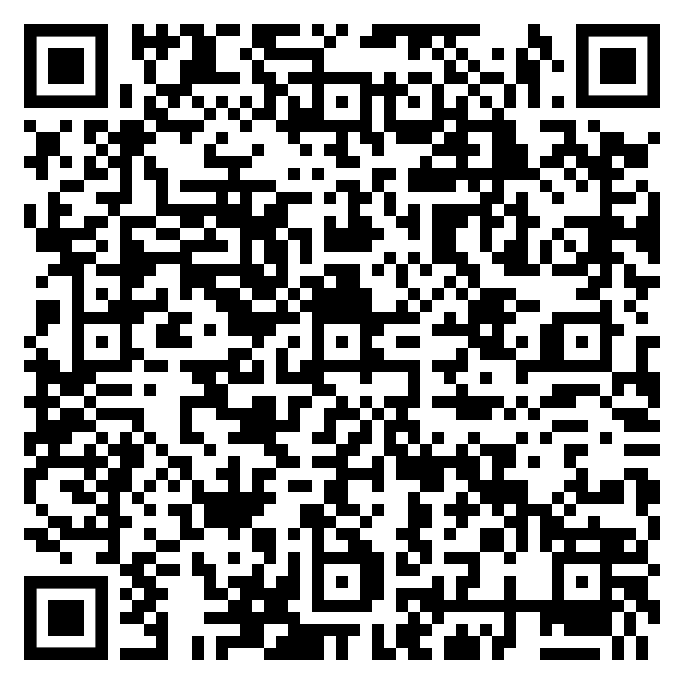Everything You Need To Know About International Money Transfers
Making international payments has long been associated with frustration, endless intermediaries and opaque fees lurking at every turn. In our globalised world, where cross-border payments are projected to surge from nearly $150 trillion in 2017 to an astonishing $250 trillion by 2027¹, the need for change was evident - one that fostered greater inclusivity, affordability and transparency.
Fortunately, as digital innovation continues to revolutionise the financial landscape, international money transfers, among other transactions, are becoming increasingly accessible, cost-effective and trackable for users worldwide, regardless of their reasons for sending funds abroad.
In this comprehensive guide, we delve into the intricacies of international money transfers, empowering you to navigate this evolving landscape with confidence and clarity and ensure you can make the most informed decision for your future transactions.
International money transfers: from telegraph wires to online banking
Before we dive into cross-border money transfers as we know them today, let's take a quick journey through their modern evolution.
It all started in 1851 with the birth of the New York and Mississippi Valley Printing Telegraph Company (later known as Western Union), which revolutionised the sending of funds by introducing a method of electronically transferring money via telegraph wires across the USA and beyond.
Then, in the late 19th century, the era of global industrialisation. With businesses expanding worldwide, the need for efficient money transfers grew. Enter wire transfers, which swiftly became the go-to method for international transactions.
Fast forward to 1973, when the arrival of the Society for Worldwide Interbank Financial Telecommunication (SWIFT) completely changed the international money-sending scene. Instead of directly transferring money, SWIFT facilitated communication between banks globally, instructing them on which transactions to execute.
🛈 What is SWIFT code?
A SWIFT code, or SWIFT number, is a standard Business Identifier Code (BIC) used globally by banks and financial institutions to identify themselves. It acts as an international bank code or ID, crucial for facilitating international money transfers and SEPA payments. SWIFT codes are also used to exchange messages, ensuring smooth communication within the global financial network.
In the late 20th century, the internet had a significant impact on global money transfers. In 1988, PayPal emerged as a pioneer, transforming the landscape by offering swift international money transfers through online platforms. This groundbreaking development forever changed the way cross-border transactions were conducted, providing an online alternative that was significantly more cost-effective compared to traditional banks and wire transfer companies.
During the digital revolution, traditional banks rapidly introduced online solutions. However, international money transfer processes continued to face challenges. The operational limitations of traditional banks hindered their ability to serve everyone, especially as they grew larger, making it harder to adopt the latest technology seamlessly. Fintech companies recognised this gap and intervened by merging cutting-edge technology with existing infrastructure. This collaborative effort resulted in a more inclusive financial system that we all benefit from today.
Importance of cross-border money transfers today
In 2020, approximately 281 million international migrants were recorded globally, making up 3.6% of the world's population.² During the last decade, the global workforce has witnessed a significant increase in mobility, with remote workers surging by 160%³, alongside the emergence of digital nomads and a growing number of international businesses.
As global mobility and connectivity expand, the need for more convenient and inclusive solutions for transferring money across borders becomes increasingly evident.
🛈 What is remittance?
Remittance refers to the transfer of money or funds from one individual or entity to another, often across borders. It is typically used in the context of a person who has migrated abroad sending money back to their home country to support their family or loved ones. Remittance plays a significant role in the global economy, especially in developing countries, where it can contribute substantially to the recipients' livelihoods.
- Sending remittances to support family members back home
- Facilitating international business payments
- Engaging in the vast foreign exchange market, boasting a daily turnover of $7.5 trillion⁴
- Financing international real estate or other significant purchases
- Settling international bills
- Managing assets for expatriates relocating abroad
Despite the advancements in digital banking, fintech solutions and international initiatives aimed at reducing fees, the cost associated with sending funds abroad remains high.
According to the latest Remittance Prices Worldwide Analysis by the World Bank, fees for currency conversions and transfers worldwide still consume around 6.5% of the total amount sent. This figure is double the 3% target set by the United Nations in their Sustainable Development Goals (SDGs) and exceeds the G20's Remittance Target of limiting expenses for cross-border transfers to 5% by 2027.
Fortunately, in today's landscape, there are an increasing number of options available that offer accessibility, transparency and affordability in international money transfers.

Cross-border money transfers: What do you need to consider?
Whether you're sending funds abroad to support loved ones or making transfers for your next international holiday, there are a host of factors to consider to ensure your funds reach their destination securely, without delay and free from unexpected fees.
Transaction methods
You have several options to choose from when it comes to international money transfers, each with its own set of advantages and considerations:
-
Traditional bank transfers are known for their reliability, yet sometimes they lack tracking features and can involve lengthy processing times and high fees
-
Online money transfer services provide convenience, transparency and speed paired with more competitive pricing
-
Mobile money providers extend accessibility, particularly to unbanked and remote areas
-
Cash pickup services are tailored for recipients who favour physical currency
Fees
Before initiating the transaction, it's important that you familiarise yourself with the fees involved, as this can potentially save you a significant amount of money.
Typically, there are two types of fees to consider:
- Transaction fees are charges imposed by the service provider for processing the transfer
- Foreign exchange (FX) fees occur during currency conversion
Understanding international money transfer fees can be challenging, particularly with institutes that operate with complex and hidden fee structures. Additionally, many providers use exchange rates that are significantly higher than the mid-market rate, thereby making a large profit on international payments.
To avoid unexpected surprises, we encourage you to select a provider that is transparent about their pricing.
Currency consideration
Deciding on the currency in which you will be sending the money is a critical decision in the process. You have to consider whether it's more advantageous to convert your money beforehand with your provider and send it in the recipient's local currency or to send it in your currency and allow the intermediary bank (if applicable) or the receiver's provider to handle the conversion.
Selecting the option that aligns best with your preferences and requirements will ensure a smoother and more cost-effective money transfer experience.
Transfer speed
While some providers offer near-instantaneous transfer methods, others can take several business days to complete the transaction. Opting for faster transactions may come with higher fees. Therefore, it's essential to make a smart choice when selecting your provider, balancing the urgency of your transfer with the associated costs.
Security and trackability
Ensuring the security of your funds and having the ability to track their journey is essential for peace of mind.
Today you will find many providers in the market have adopted the highest security standards to comply with local and international regulations, guaranteeing the safe arrival of your funds at their intended destination.
Choosing the right provider enables you to say goodbye to the days of uncertainty wondering where your money is and when it will arrive. With the advancements in digital banking and fintech solutions, near-real-time data and reliable predictions are now available, offering clarity on the expected arrival time of your funds.
Sending money abroad: What are your options?
Traditional Bank Transfers
While traditional bank transfers are known for being reliable and secure, they can come with drawbacks. Intermediary banks for instance are often part of the process adding extra fees and extending the transfer time. These international transfers between banks often make it challenging, if not impossible, to track the whereabouts of the money and may entail high and sometimes undisclosed fees, along with higher exchange rates.
Moreover, traditional banks typically provide only one currency account, necessitating the opening of a separate account for currencies aligned with the recipient's. Transferring funds between these accounts may incur fees in addition to exchange fees.
What about EUR transfers?
It's important to highlight that when you send money within the European Union (EU) and European Economic Area (EEA) in euros, you will be charged a low or no international transfer fee, thanks to SEPA. Despite the UK's departure from the European Union following the Brexit referendum, it remains a member of SEPA.
🛈 What is a SEPA transfer?
The Single Euro Payments Area (SEPA) is a financial messaging initiative encompassing the European Union, as well as Iceland, Liechtenstein and Norway from the European Economic Area, and Switzerland.
SEPA aims to streamline bank transfers in euros, providing a rapid, secure and standardised method for making and receiving payments. By harmonising payment processes across participating countries, SEPA facilitates efficient and straightforward transactions within the eurozone and associated regions, benefiting both individuals and businesses.
Instant money transfers and cash pickups
Instant money transfers and cash pickups offer special advantages in some circumstances. On the positive side, these services provide speed and convenience, allowing funds to be transferred swiftly without the need for the sender or receiver to open a bank account. This can be a particularly beneficial option for you if you are in an urgent situation or for recipients who do not have access to banking services.
However, these services may come with higher fees compared to traditional transfers, making them a more expensive option. Moreover, while they offer convenience for recipients without bank accounts, they may pose security risks associated with carrying large amounts of cash.
Online money transfers
When it comes to sending money abroad, considering online money transfer services offered by fintechs and online banks are definitely worth your while.
These platforms offer multiple benefits. Firstly, they are convenient and secure. Secondly, they are fast, with many transfers being near-instantaneous. Thirdly, they offer transparency, allowing you to track your transfer every step of the way.
Moreover, many fintech companies provide competitive exchange rates and lower fees compared to traditional banks. However, as fintech companies are relatively new players in the financial industry, it's understandable that individuals may still have some concerns. It's important to inform yourself about the security protocols they use for your peace of mind.
Digital banking: How has fintech revolutionised international money transfers?
With the increasing number of global transactions and a growing expatriate population, the demand for affordable, accessible and reliable international money transfers is increasing. This is where fintechs identified an opportunity to expand, combining the latest technology with the services of traditional banking systems.
Accessible, affordable and transparent
Fintech companies are leading the way in transforming financial services to be more accessible, affordable and transparent for all. Fintech services often emphasise peer-to-peer (P2P) transactions, ‘friends and family’ transfers, and cross-border remittances.
By offering the convenience of online account opening in minutes, they broaden access to financial services for a wider audience. With competitive pricing and transparent fee structures, fintech firms ensure affordability and clarity.
Making the market more competitive
Fintech's rise has injected new life into the financial market with competition and technological innovation. By leveraging technology built on the traditional banking system, they are able to offer low-cost, convenient solutions. The growing competition between financial providers benefits consumers with a wider range of options and better services, making the market more dynamic and responsive.
Multicurrency accounts
Multicurrency accounts revolutionise global financial management. These accounts enable users to hold multiple currencies in one place, facilitating transparent currency exchange and international transfers.
Whether you travel frequently or send money abroad, multicurrency accounts offer unmatched convenience and flexibility, paired with competitive fees.

Financial inclusion
Fintechs and online banks break down barriers and bring financial services to underserved communities by offering accessible and affordable money management solutions. They offer simplified processes and lower costs which gives access to digital money management to individuals previously excluded from traditional banking, which increases financial inclusion and economic participation.
MyGuava: reliable and affordable international money transfers
We firmly believe in providing everyone with access to a secure and convenient financial management solution including international money transfers. Thus, we meticulously design our products to be borderless, accessible and affordable.
MyGuava App
MyGuava, the All Things Payments App, is currently accessible to residents of 34 countries, with more on the way. We provide a multi-currency account supporting over 20 currencies without any opening, monthly, or closing fees. When it comes to international money transfers, as a MyGuava client, you can enjoy zero fees, competitive exchange rates and trackable transactions.
It seamlessly integrates with leading money transfer systems, guaranteeing efficient and secure cross-border money movements.
Instant solutions with MyGuava Transfers
MyGuava Transfers is an instant money transfer service that facilitates transactions without the need to open an account as a sender or receiver. Users can effortlessly send money from their bank accounts, payment cards, or cash to receivers' bank accounts, payment cards, or cash payout points located in different countries.
If you're seeking a rapid solution for trackable international money transfers without the need to open an account, MyGuava Transfers could be an excellent choice for you.
Send money fast and securely with MyGuava Transfers!
References:
-
https://www.bankofengland.co.uk/payment-and-settlement/cross-border-payments
-
https://www.hrvisionevent.com/content-hub/2023-trends-in-global-mobility/
-
https://www.reuters.com/markets/us/global-fx-trading-hits-record-75-trln-day-bis-survey-2022-10-27/





